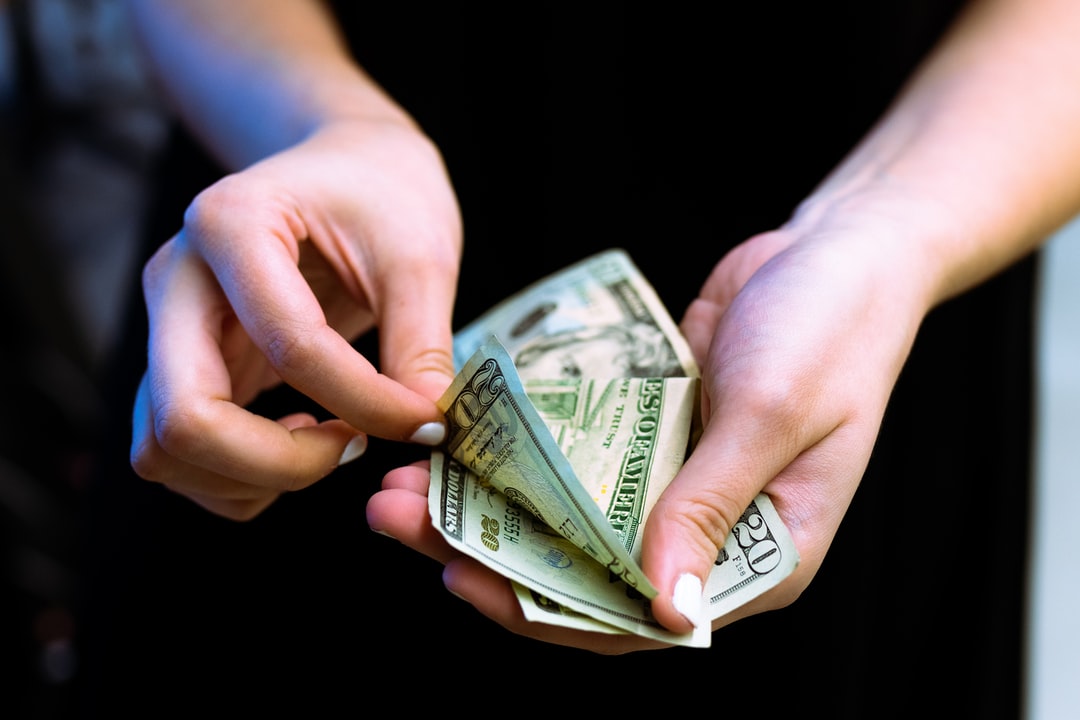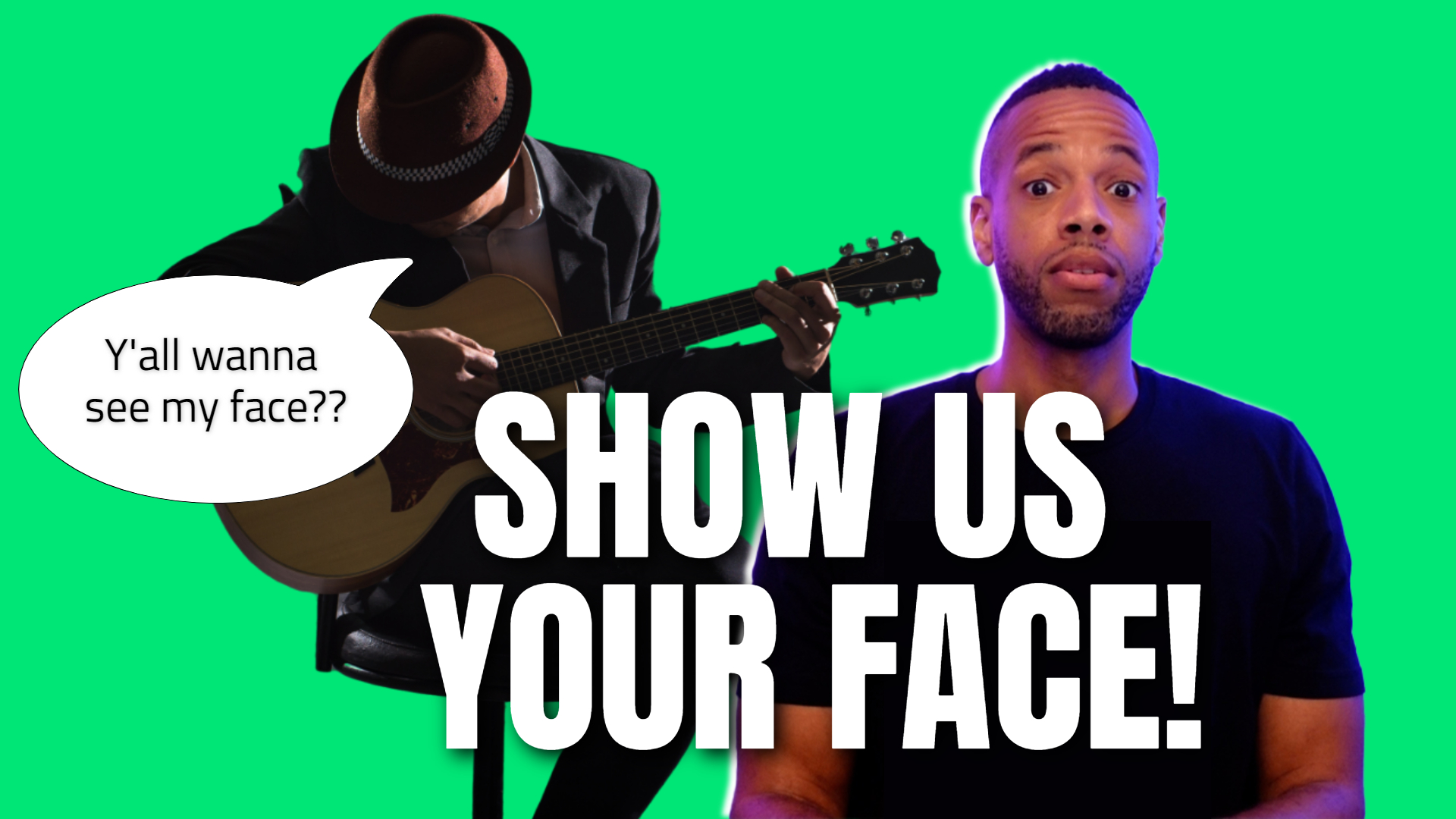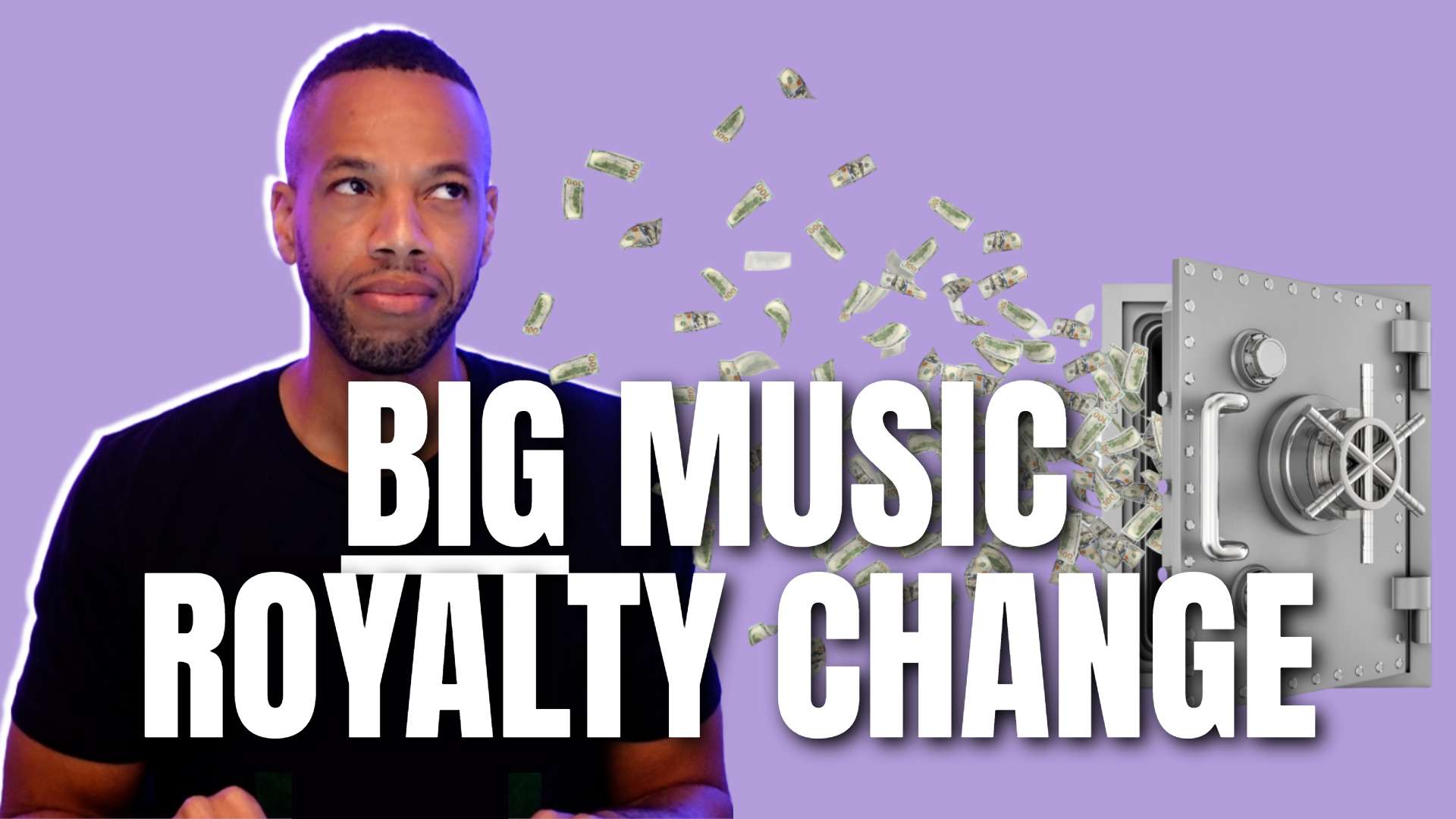Record Label Advances: Everything They DON'T Tell You

*This article may contain links to affiliate products & services. We have reviewed these services to try and ensure the highest quality recommendations*
Written by Ramsey Brown.
As a musician, you’ve definitely heard of a record deal and have maybe even considered signing one. Whether it be good or bad, there's a constant buzz surrounding recording contracts and what makes them so sought after. On the surface, record deals seem very alluring and tempting to an upcoming artist. It can be the means of your dreams coming true and amassing wealth and fame, or it can be the means of you losing your artistic vision and living a lifetime in debt.
Signing a record deal comes with a number of issues that are often overlooked by newer artists heading into the music industry. These deals are business contracts and just like any other contract, there are specifics and terms you need to be very aware of before signing.
Although record deals and label advances seem attractive at first, what’s important to understand is that the money you are given in advance must eventually be paid back. There is a big misconception that labels hand out free money to artists who sign with them. However, this is typically far from the truth.
If you’ve ever been approached by a record label or have ever considered signing a record deal, there are certain risks involved that you need to be aware of. Label advances can be sticky — but only for those who aren’t equipped with the proper knowledge getting into one.
Knowledge is power and the more you know, the more you can protect yourself from problematic situations in the future. It’s easy to get blinded by the big numbers and bragging rights that come with signing a record deal. However, these deals can either make you or break you as a successful artist.
Which is why we’re going to tell you everything the labels DON’T tell you about music advances. That way, you know exactly what you are getting into if you choose to accept one.
What are Record Label Advances?
A record label advance is essentially a sum of money given to the artist by the label when they sign a record deal. These music advances are used to fund the artist’s career and cover the day to day expenses that musicians incur.
Typically, artists can do whatever they want with advances. Some use it to fund tours and promote albums, others may use it to buy a mansion or luxury car. No matter what the money is spent on, the most important thing to understand about a record label advance is that the money must eventually be paid back to the label.
In this regard, advances can be thought of as a loan. Because the label requires the money to be paid back, they are able to withhold your future earnings in order to recoup the advance. Often you will find record labels keeping an artist’s royalties or profit from album sales, touring, merch, etc. as a way to recoup their expenses.
How Much Advance Do Artists Receive?
Generally, advances are based on expected sales. Since no one knows how well your music will sell until the label actually distributes it, the advance amount will depend on the label’s educated guess.
The label considers a number of factors to determine how much money they will give an artist upfront. Labels will look into things like how well your music has sold in the past, whether any other labels or music companies have taken interest in you, how large your current audience is, your live performance skills, and more.
These factors plus the label’s knowledge of the market will be used to come up with the exact advance number they will pay a particular artist. Advance amounts also depend on the recording commitment and the number of songs or projects the label is requiring the artist to deliver.
A smaller musician without a proven track record can expect around $500-$2500 per single and $2500-$7500 for an EP or album. If the advance number is higher, it could be due compensation for less ideal terms somewhere else in the contract.
Which is exactly why you should consider all pros and cons of the deal before signing.
Label Advance Pros:
The terms of a record contract and label advance will vary from artist to artist. It’s important that you understand all of the terms included in the contract before committing to one. Although record deals often get a bad rap, an advance can provide your career with a number of benefits as well.
Taking Care of Financial Issues
Often, artists end up hitting a financial wall that halts their creativity and music production, even though they have the capability of producing incredible music. In such cases, an advance can alleviate your financial burden and help you overcome previous financial constraints.
Production Resource Availability
If you're an upcoming musician, you may not have high-end equipment, instruments, DAWs, and other tools that you need to produce new or better music. However, record labels have all these things which you can use if you're signed to them. With the label’s superior equipment at your disposal, the quality of your music can certainly improve.
No Promotion and Exposure Headache
Even if you've made a banger of a song, promoting it and getting it noticed can be the most difficult part. When you're signed to a record label, you won't have to worry about any promotion aspects of the business. Labels want your music to get exposure and have the resources available to make it happen. Therefore, all of your focus and energy can be put into doing what you do best — making music.
Label Advance Cons:
Although there are many benefits of getting an advance, there are a number of problems it can cause you later down the road. The pros must be weighed out with the cons so that you can make the best possible decision for your career. Let’s take a look at some of the significant issues that label advances can create:
Low-Balling Advance
One of the significant ways they might try to get more profit from upcoming artists is by low-balling their tracks. As a result, the advance payment might not be as much as it should be. This would allow them to give you less advance and get more profits and royalties from your music.
Excessive Recouping
Another big problem is when the deal clauses don't mention the recouping that the record label will perform after signing the music advance deal with the artist.
At times, record labels might pay you an advance but then end up taking profits for much more than just promotion and exposure. They can include a lot of unnecessary elements in their recouping strategy, so artists need to beware. Otherwise, it could take years for you to start receiving royalties that your songs have earned you.
Yearly Requirements
Sometimes record labels don't only contract artists based on songs but also the basis of yearly deals. So in this span, you're going to be contracted to that particular record label.
It is possible that some record labels require you to make a given number of songs and music every year, and if you don't do so accordingly, they might not mark your advances as paid, which can be quite problematic for you. A lot of prominent musicians face this problem.
Not Reading the Deal’s Terms
Whenever you're signing with a record label, you are required to sign a form or document that legally binds you to the terms mentioned in the contract.
Due to the complex nature of recording contracts, confusing legal terms, and overall excitement when signing, artists often don’t fully read or understand the terms they are agreeing to. Record contracts can be full of unfavorable artist conditions, but are hidden with complicated wording.
When you hear of artists ‘signing their life away to a label’, understand that this was not done by choice but typically by mistake from misunderstanding the agreement. It is extremely important to hire a lawyer or professional to look at the contract and explain it to you before signing.
Loss of Control & Creative Freedom
Because an advance is recouped from the money your music makes, labels will often tell you how to make your music and how often to make it. They control your creativity in a way that they see most profitable, to matter if you as the artist agree with it or not.
Labels can control anything from your album artwork, social media posts, or what other artists you collaborate with. Small freedoms like the ability to choose your own tour outfit can be compromised if you choose to sign with a label and accept their advance.
Tips For Getting a Better Record Deal Advance
If you're are considering signing with a label or thinking about taking an advance from a record label or investor, here are some tips that you should keep in mind in order to get the best deal possible:
Reviewing the Terms with a Professional
First and foremost, you should hire a professional consultant or a lawyer familiar with all the rules, clauses, and terms and conditions you might see on your contract.
Then you should take your time, read the document yourself, and get it reviewed by the professional. This will help you establish contract bounds and leverage good deals before you end up signing it with the record label.
Placing Cap on Recouping
Record labels are always going to try to make sure they make up for all the advance payments as well as the investment they made on your tracks, promotions, tours, and everything.
So, the ideal situation for you would be placing a cap on the recouping process they've put in the deal. A cap means setting a limit on what they can extract from the profits your songs make. Then, you'll be able to tighten the contract and make sure that you're getting similar benefits as the record label company.
Denying Excessive Requirements
At times, record labels might place excessive requirements for cutting the deal. As an up-and-coming artist, you're going to want to make sure that you're not selling yourself to a company.
If a record label places unrealistic requirements on the document, make sure you read them and cross them out to keep your pace balanced so that you don't overwork yourself producing music. Passionate music always sounds much better.
Discuss & Make Deals on YOUR Terms
As an artist, you're going to want to cut a deal that favors you. As we said before, record labels are out to make money, therefore they are going to want a deal that benefits them most.
What you should do is survey other artists and record labels, take your time, value your music, and make sure that you're getting a good deal from the record label. If you aren't, you should put forth your own terms and conditions to ensure you are happy with the agreement.
Wrapping Up
Hopefully now after reading this article, you have a better understanding of what a record label advance is and can better skew the risk vs. reward that comes with it. This review is not to scare you away from accepting an advance and is certainly not a means of legal or financial advice. It is however, to provide you with the basic knowledge so you can make an educated and informed decision that will best benefit you and your music career.
When your song is ready to go, it's time to start promoting it to potential fans! Omari has the best organic promotion services money can buy. With packages for Spotify, TikTok, Instagram, and YouTube, we will get your music the traffic and attention it deserves! Click below for more information.
SPEAK YOUR MIND
Leave a Reply
How This INDIE Artist Got Over 67,598,275 Streams On ONE Song
Join the No-Nonsense Music Marketing Newsletter to get the most valuable weekly case studies and strategies to grow your music business!





1 Response to "Record Label Advances: Everything They DON’T Tell You"
John Paul David don’t do the right to behold the gold and sun will come thru the money late fame tame